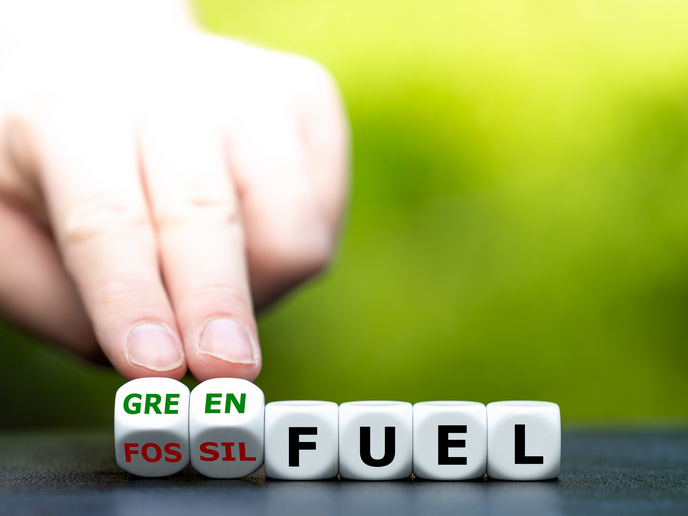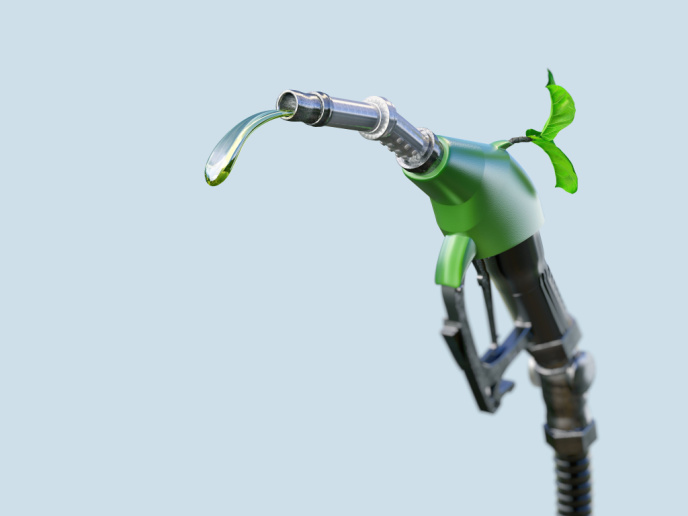Reducing energy use in the personal care product sector
Dealing with residuals typically through pre-treatment and then disposal consumes a significant amount of energy, up to 10 % of total energy costs for a personal care product (PCP) manufacturing plant. Reducing energy consumption is thus not only of relevance to ameliorating global climate change, it is of direct importance to a company's bottom line. A consortium consisting of a university research lab, a PCP leader and a small private company came up with several solutions to this challenge with EU funding of the project 'Energy-use minimization in residuals management in the personal care product industry' (ENERMIN). The treatment of waste from PCP manufacturing typically exploits aerobic biological processes. Aeration uses a lot of electricity and biodegradation produces large amounts of biosolids that also require energy-intensive processes for disposal. The team focused on anaerobic technologies that use less energy and produce valuable methane that can be used as a biofuel in a combustion process. Some components in residuals are inhibitors of anaerobic processes. Employing source separation and aerobic–anaerobic processes within the same treatment system can both reduce energy consumption and increase biogas production. Scientists tested a variety of technologies, including source separation and parallel treatment of the different waste streams. The alternative aerobic treatment systems required less aeration, the most energy-intensive process in the procedure. All three systems reduced energy consumption for processing and biosolids production in tests at laboratory and pilot scales. The net effect was a decrease of nearly 70 % in energy consumption overall. Given such promising results, the technology has already been implemented in a new treatment facility at a PCP plant in China. Although the project has ended, research is continuing to address issues such as treatment of household waste in developed, emerging and developing countries. Reducing energy consumption while increasing energy production just might make some industries net energy producers.







